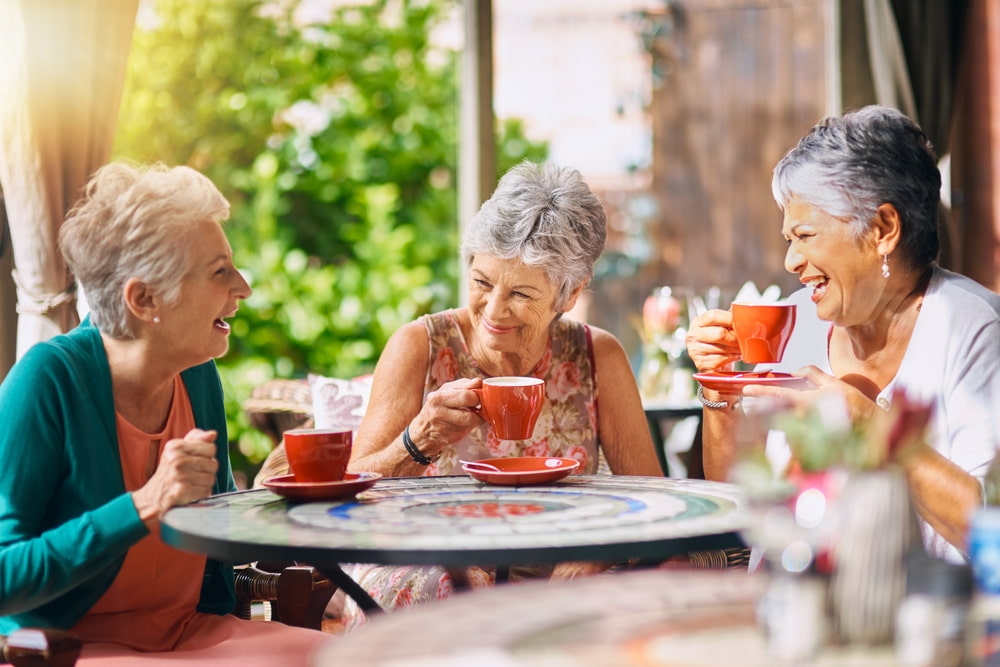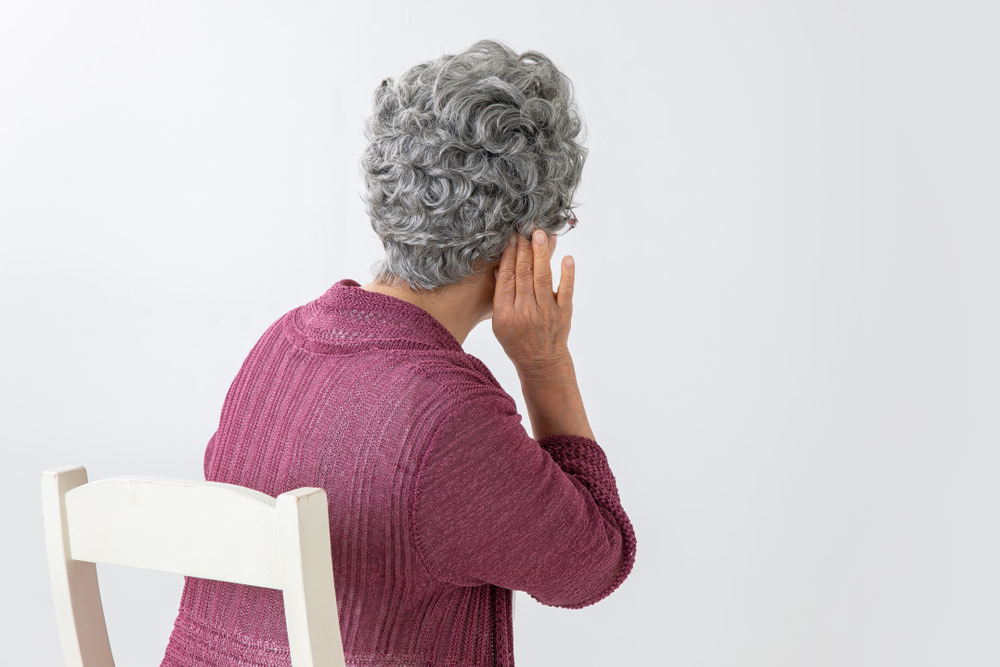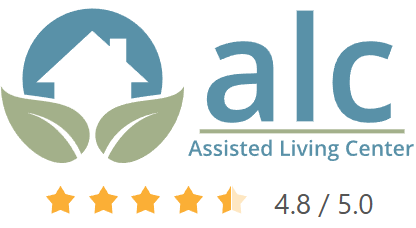A Guide to Helping Seniors Cope With Vision Loss
Visual decline is common for seniors. However, it can be life-changing and devastating as we heavily rely on visual cues to accomplish everything we do throughout the day. If your…
A Guide to Creating an Elderly Care Plan
As our family members age, they may face more complex health and daily living challenges. It’s important to recognize when you can’t handle their increasingly complex needs. Often professional in-home…
How to Establish Trust and Respect in Senior Care
Building positive relationships is crucial when caring for older adults. They’ve been through a lot in their lives, and they are often weary of new people. It can take time…
5 Ways for Seniors to Make Friends
Making friends at any age is essential for our well-being. However, as we get older, the dynamics of friendship can shift. Retirement, relocation, or the loss of loved ones can…
How to Help Seniors Cope With Hearing Loss
Hearing loss is a common occurrence as we age, impacting millions of seniors worldwide. While it might seem like a minor inconvenience, the effects of hearing loss can extend far…
Paying for In-Home Care: All You Need to Know About Senior Care Costs
Juggling work, family, and the needs of an aging parent or relative can be overwhelming. The weight of these responsibilities can leave you feeling spread thin, constantly torn between the…
The Role of In-Home Care Providers
The loss of physical and cognitive ability and loss of independence as a whole can be tough for aging individuals to cope with. Getting the help of trained professionals for…
Advantages of Using an In-Home Care Referral Agency
Deciding between hiring an independent caregiver or an agency? Don’t worry—you’re not the only one; many families in Los Angeles grapple with the same question. They fear the agencies might…
How to Help Seniors Overcome Resistance to Care
Seniors may be reluctant to accept changes in life and abandon their familiar routines. They often put up resistance to personal care and assistance, as it often means they are…
How to Encourage Seniors to Engage in Lifelong Learning
Learning isn’t just for the young. As we age, the pursuit of knowledge becomes even more enriching, offering a wealth of benefits for our minds, bodies, and souls. But what…













